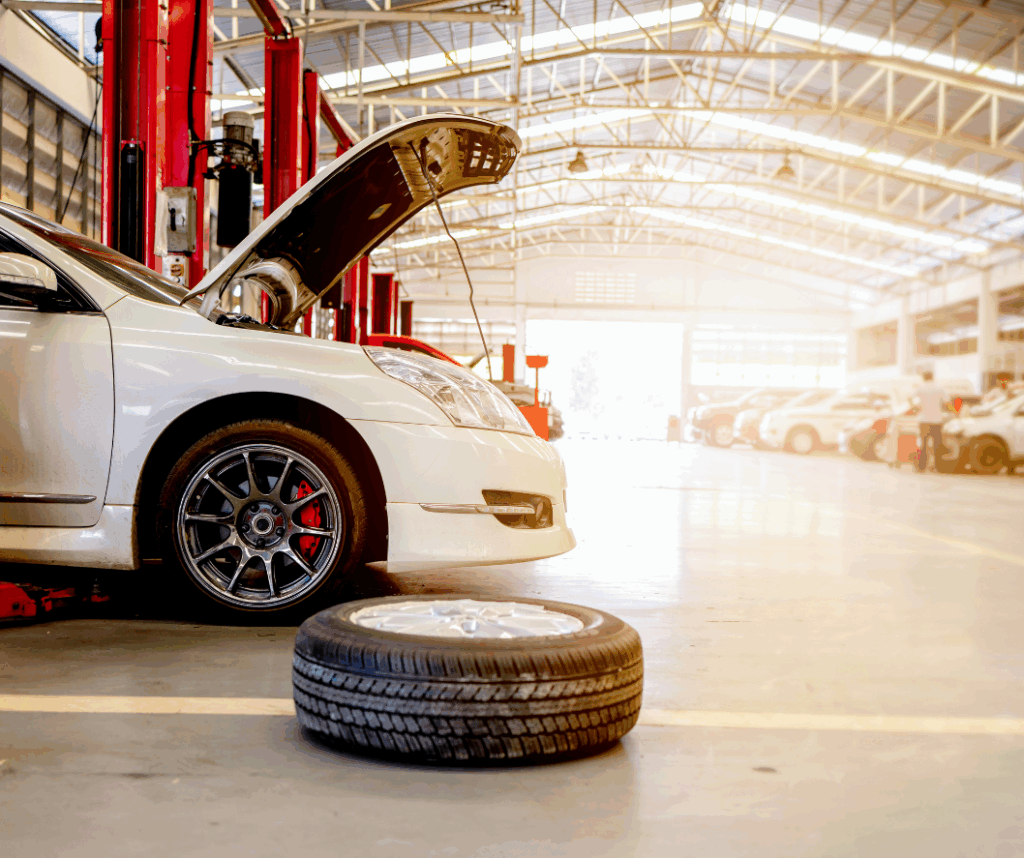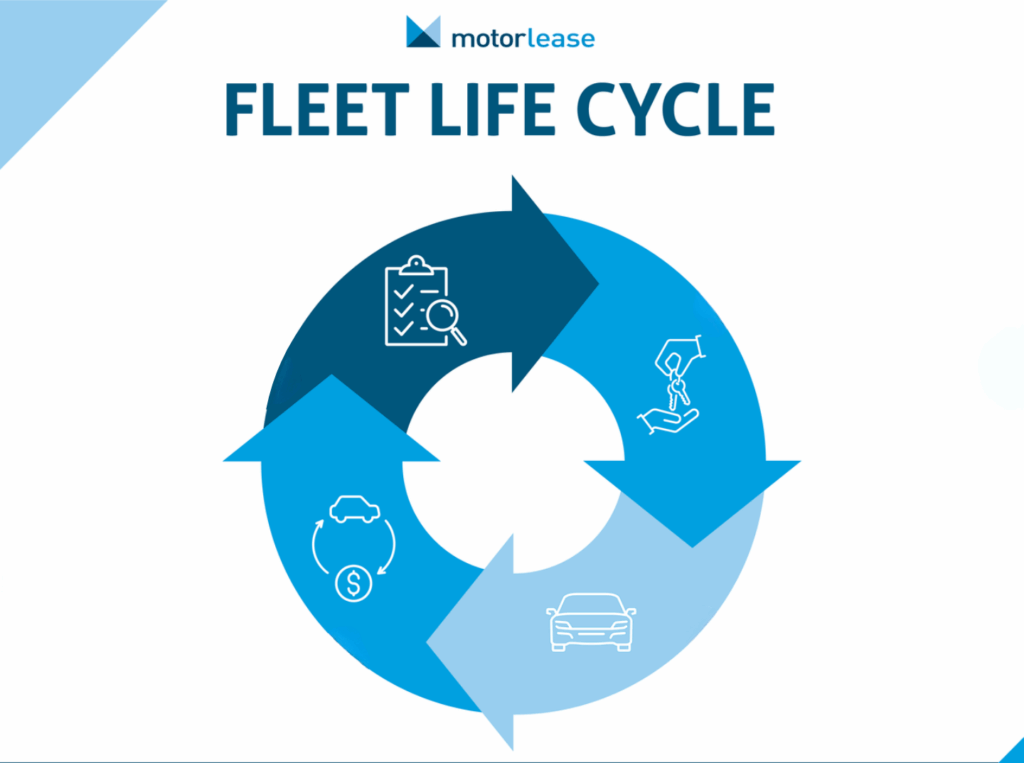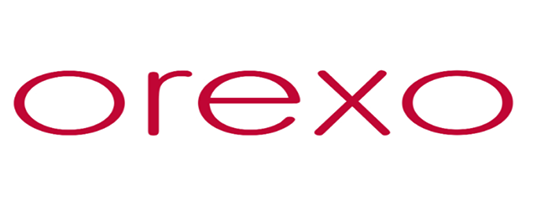There are several alternatives to consider when implementing a company vehicle program, each with their own pros and cons. While closed-end leasing provides some key advantages over other programs, it isn’t a fit for everyone. In this article, we’ll discuss a few reasons why closed-end leasing may not be right for your company, and provide you with alternative solutions.
In This Article
You Like to Gamble on the Used Vehicle Market
Your Vehicles Tend to be In Rough Shape
Budgeting is Not Important to You
You Like to Gamble on the Used Vehicle Market
One of the advantages of closed-end leasing is that the lessee is fully insulated from the ups and downs of the used vehicle market. A closed-end lease allows the lessee to pay only for the portion of the vehicle that they use. At the end of the term, they can simply return the vehicle and walk away. The risks and responsibilities of resale lay solely with the lessor. Among other things, this allows the company to know the exact cost of their program well in advance.
However, there are some companies who prefer to take on the uncertainty of the used vehicle market themselves. They are willing to dedicate resources to staying up to date with vehicle remarketing trends in order to potentially make a profit on the resale of their vehicles. This approach can lead to a windfall in strong markets, but there’s no guarantee. If this is your mindset, a closed-end lease may not be the best option. An open-end lease, or even ownership, may be preferable.
Your Vehicles Tend to be In Rough Shape
Companies who tend to be rough on their vehicles, whether it be due to the nature of their business, their location, or a rotation of drivers, tend not to be good candidates for closed-end leasing. A closed-end lease rate is determined by taking the final cost of the vehicle, subtracting the residual value (the amount the lessor believes the vehicle will be worth at the end of the lease), and dividing by the number of months in the lease term. The key number in that equation is the residual value. Since a closed-end lease results in the lessor assuming the risk of resale, they take great care in making that number as accurate as possible. While certain things like age and mileage will be known to in advance, the condition of the vehicle upon return is less certain. The lessor will take into consideration the anticipated usage of the vehicle, but should it be returned in far worse condition than expected, the lessee will be held responsible for that damage. Instead of being continually hit with excess damage charges, companies in that situation might look towards an open-end leasing model where condition plays no role in the lessor’s calculations.
Budgeting is Not Important to You
For anyone looking to know the exact cost of their company vehicle program years in advance, closed-end leasing is a good solution. The “use the vehicle and then walk away” nature of the program results in a consistent cost that can be anticipated and budgeted. Some closed-end leasing providers also offer to build in services such as registration, maintenance, insurance, and other ancillary costs, allowing for even more accurate budgeting.
Conversely, under an open-end leasing or ownership model, you’re not going to know the true cost of the program until after vehicles are sold. This makes it nearly impossible to accurately forecast and budget in advance. If budgeting is not a major concern, then those options may be better than closed-end leases.












